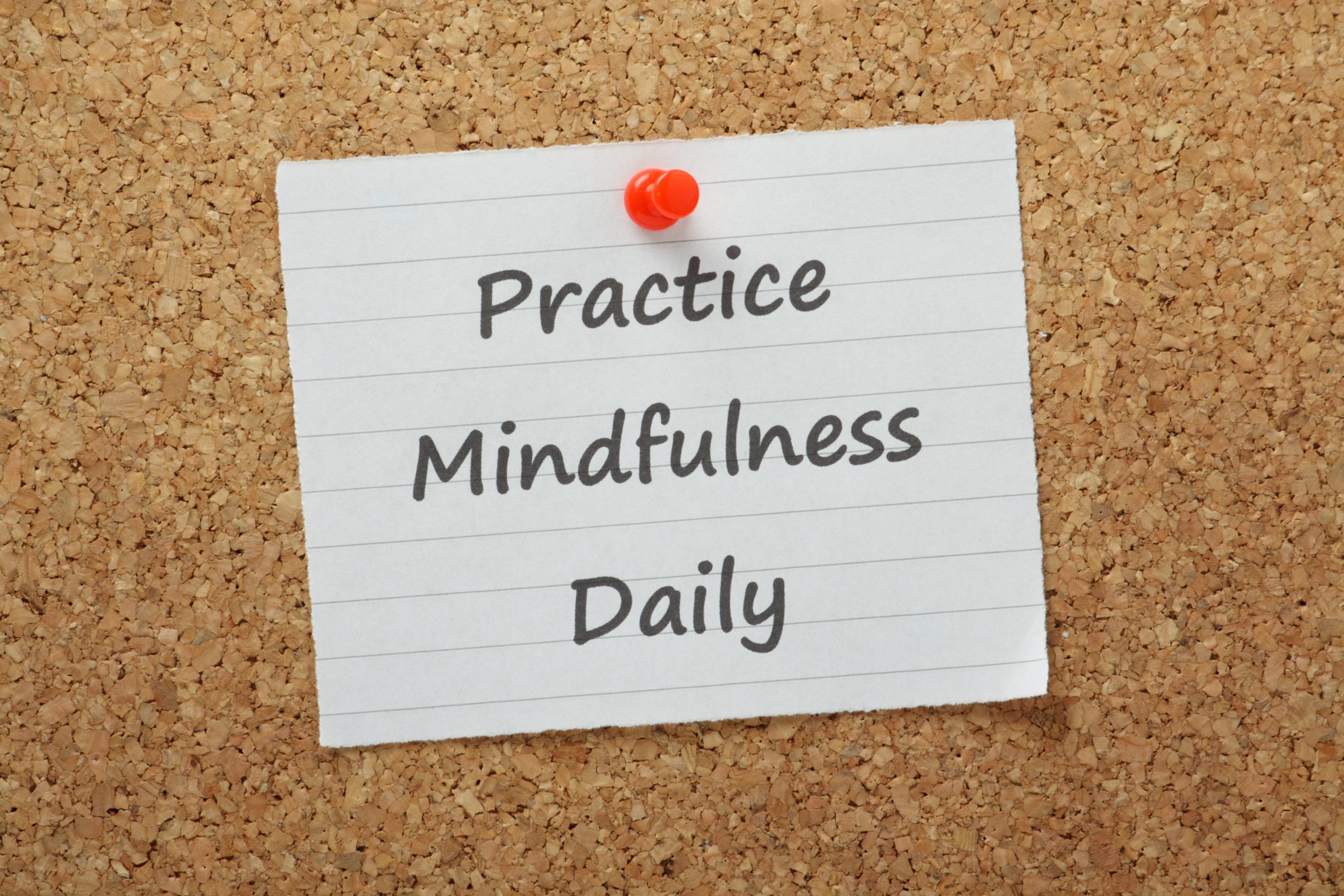Most contemporary psychological research into the regulation of the emotions has focussed on how to control and modulate the emotions after they have flooded the mind. What seems to be missing is the recognition of the central role that heightened awareness and clarity of mind – the “mindfulness” of buddhism – can play in the process. Recognising the emotion at the very moment it forms, understanding that it is but a thought, devoid of intrinsic existence, and allowing it to dissipate spontaneously so as to avoid the chain reaction it would normally unleash are all at the heart of Buddhist contemplative practice.
The mastery of any discipline – music, medicine, mathematics and so on – requires intensive training. Any yet it would seem that in the west with the exception of psychoanalysis, whose results are at best uncertain – long term, persistent efforts are not readily undertaken to transform emotional conditions. the very Goal of psychoanalysis is different from that of positive psychology and buddhism, which strive not merely to normalise our neurotic way of functioning in the world. The condition generally conceded to be normal is just the starting point, not the goal. Our life is worth far more than that! Martin Saligman, says “the best it (Psychoanalysis) can do is to bring us from minus 10 to 0”. Happyho also provide best Meditation classes in Noida and Delhi NCR India area.
Most methods derived by Western Psychology to effect lasting change in affective states focus above all on treating manifestly pathological conditions. According to a recent article by western and buddhist psychologist,
with a few notable exceptions – among which the development of positive psychology – no effort has been invested in cultivating positive attributes of mind for individual not suffering from mental disorders. It is important to underscore the fact that training for expertise in virtually any domain requires considerable practice…….Western approaches to bringing about changes in enduring emotional states or trades do not include such long term persistent effort. Not even psycho-analysis typically involves the decades buddhists consider required to cultivate Sukha.
Such effort however, is imminently desirable. We need to get rid of mental toxins and at the same time to cultivate states of mind that contribute to emotional balance and ensure the optimal flourishing of a truly healthy mind. A great many conflictive emotions are mental disorders. A person in the grip of fires hatred or obsessive envy can not reasonably considered sound minded, even if he is not obviously a candidate for psychiatry. Because such emotions are integrated into our daily lives, the importance or even urgency dealing with them seems less clear. As a result, the idea of training the mind is not among modern man’s pressing concerns on the order of work, cultural activities, physical exercise and leisure.

